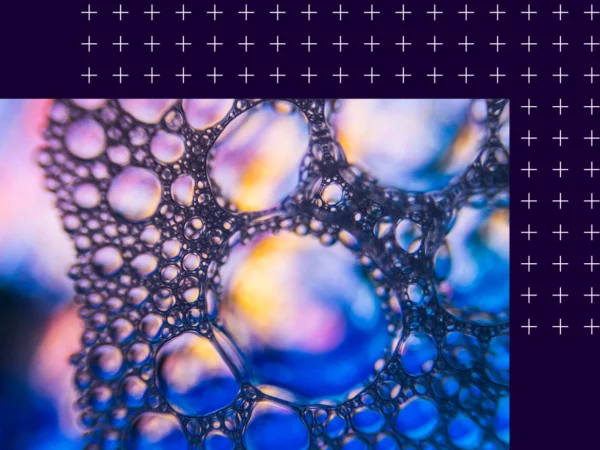Save the microbes to save the planet: a IUMS call to action

“Save the microbes to save the planet” is the call to action launched by the International Union of the Microbiological Societies (IUMS) to the international scientific and institutional community in the journal One Health Outlook. A global call that IUMS - Union founded in 1927 that today counts 113 member societies and 14 associate members representing over 100 countries – has addressed to all microbiological societies of the world to raise awareness among all key international stakeholders on the importance of microbial diversity in protecting the sustainability levels of our planet.
The paper “Save the microbes to save the planet. A call to action of the International Union of the Microbiological Societies (IUMS)”, signed by Rino Rappuoli, Paul Young, Eliora Ron, Simone Pecetta and Mariagrazia Pizza, is aimed to mobilize all microbiological societies globally to promote the development of sustainable solutions to control infectious agents while preserving the global microbial diversity and the healthy life of our planet.
The article starts from the assumption that our planet is populated by at least a trillion species of microorganisms: every life form is sustained by them, and they make the planet habitable. Only a minority of them, about 1400 species, cause infectious diseases that are responsible for human morbidity, mortality and pandemics like the recent pandemic caused by the SARS-CoV-2 virus, which estimates indicate has killed 20 million people so far and has had an impact of 28 trillion US dollars on the global economy – not to mention direct and indirect consequences on health and society.
Of that trillion, the remaining species are essential for life on our planet. In fact, microorganisms were the first form of life to appear on our planet, and they were instrumental in the emergence of the first cell from which all animals and plants, including humans, were derived. It’s also important to remember that about forty trillion microbes live in the gut of every human, with an increasing number of studies highlighting the key role they play in our physiology: from providing essential metabolic functions to influencing our own immune responses. Nonetheless, microbes play important roles in the survival and functioning of every form of life. Moreover, microbes support many other activities, starting from traditional fermentation of bread, cheese, beer, wine, to the production of chemicals, energy sources, enzymes, pharmaceuticals, and to waste treatment.
“Microorganisms are at the center of life and are essential for all life forms” explains Rino Rappuoli, first signer of the paper and scientific director of the Fondazione Biotecnopolo di Siena, “and this is why we must protect their biodiversity. It is a priceless treasure that modern human activities, environmental changes and the attempt to control infectious agents using broad spectrum antibiotics and disinfectants are jeopardizing.”
The article mentions how many human activities are accelerating environmental changes, leading to severe impact on biodiversity and ecosystems, which in turn have consequences on human health and welfare. A priceless treasure whose essential functions are carried out by microbial species that contribute in a significant way to preserve the health of the planet. Looking at the numbers, scientist have recognized the impact of human activities on living organisms and biodiversity, with 705 vertebrate species and 571 plant species having already been pushed to extinction in the past five centuries. A further one million species of animals and plants are currently threatened with extinction, including large terrestrial animals, marine mammals, animal pollinators, marine corals, and fish stocks. “Increased consumption of limited resources and intensified industrial processes are degrading ecosystems and biodiversity with declining indicators of the status of Nature, leading to a deterioration of the fabric of life itself”, says Rappuoli. A cry of alarm, scientists say, to which we are not paying enough attention.
The article closes with a list of useful strategies to preserve the microbial diversity of the planet. The recommendations include protecting the role of antimicrobial agents as allies for the preservation of biodiversity starting from a much clearer focus on the development of vaccines and therapeutic treatments produced with effective and sustainable methods, but also from reducing the excessive use of antibiotics in agriculture, especially as animal feed. These approaches are decreasing microbial diversity and generate antibiotic resistant superbugs – that same antimicrobial resistance that is posing a threat to the global public health. Lastly, it is imperative to actively embrace the objectives of the 2030 Agenda for Sustainable Development in seeking and supporting solutions for an environmentally, socially and economically sustainable planet.
29 March 2023
DISCOVER MORE

DISCOVER MORE
